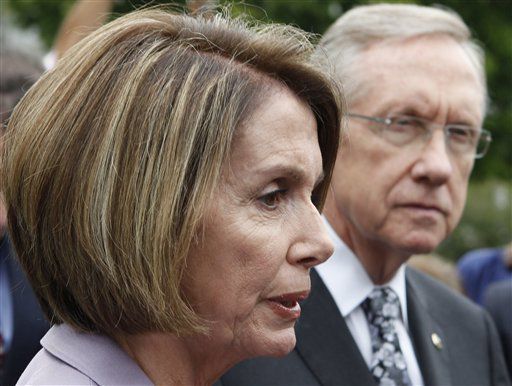Democrats pursue equity for the obese | Colorado Springs Gazette
Obesity should not become the cost and responsibility of those who are fit and trim. Yet, that’s exactly what radicalized Democrats want for non-obese Coloradans who live in the state with the country’s lowest obesity rate.
Obesity rates range from 25% in Colorado to 41% in West Virginia. It’s not that Colorado has more fortunate DNA than West Virginia. Inherently equitable, obesity mostly affects those who choose it.
Obesity primarily results from poor nutrition and inactivity. While some states are known for fried Twinkies, the worst junk food junkies can’t avoid health food in Colorado.
The state’s outdoor recreation amenities and 300 days of sun combine to make Colorado the least obese state year after year. Becoming obese in Colorado could qualify as cultural rebellion.
Stay up to speed: Sign up for daily opinion in your inbox Monday-Friday
Yet, the proposed “Diabetes Prevention & Obesity Treatment Act” of 2024 leads one to believe we have an inequitable obesity epidemic. The bill would require all insurance companies and Medicaid “to provide coverage for the treatment of the chronic disease of obesity and the treatment of pre-diabetes, including coverage for intensive behavioral or lifestyle therapy, bariatric surgery, and FDA-approved anti-obesity medication.”
Obesity comes with big costs and consequences. For those who incur the condition, it can mean poor work performance, lost opportunities, failed relationships, depression, pain, hypertension and an assortment of other conditions that can lead to premature death.
We can call anything a “disease.” We do so knowing obesity is not like the flu, COVID 19, polio or other diseases in which the host has little control over acquisition and progression. That’s why obesity rates vary among regions.
The obesity act, set forth by Senate Bill 054, spreads costs associated with 25% of the population to the other 75%. It means Colorado’s insurance rates will rise again — regardless of a customer’s lifestyle choices. The Colorado Division of Insurance estimates premiums for state-regulated insurance plans will increase by more than $30 million a year if SB 054 passes.
The Colorado Association of Health Plans, as quoted by CBS News, warns the $30 million estimate could be low. Even worse, a mandate to cover all costs associated with obesity would reduce incentives to get and remain healthy and fit through lifestyle choices.
A significant portion of the population chooses fitness to avoid other health problems and the associated costs. Health insurance should cover obesity treatments, but only for those who choose to pay extra.
Proponents of the bill cite their pursuit of health care “equity” as primary need for it.
“Many, many people who need access to anti-obesity medications do not have access because of cost and insurance coverage,” said Sen. Dafna Michaelson Jenet, a prime sponsor of the bill.
The Colorado Division of Insurance and Department of Health Care Policy and Financing oppose the bill. That’s because it would force coverage of a new variety of fashionable medications — including Ozempic and Wegovy — that cost $1,000 a month and up. These are great new drugs for the rich and famous. For everyone else, there remains the old-fashioned and healthier option of diet and exercise.
Another expensive insurance mandate is likely to run more insurers out of Colorado — as other mandates have — and raise insurance rates for everyone. Those who lose insurance to this price hike will learn good and hard the cost of fairy tale “equity” among the fit and obese.
Colorado Springs Gazette Editorial Board











